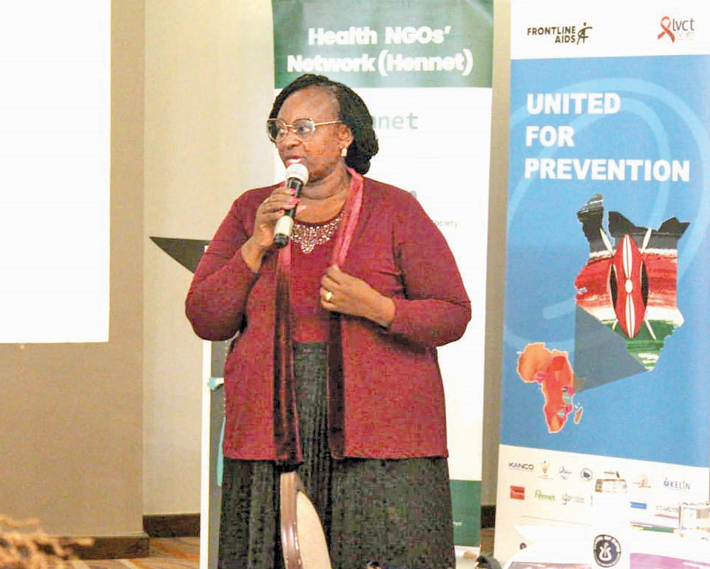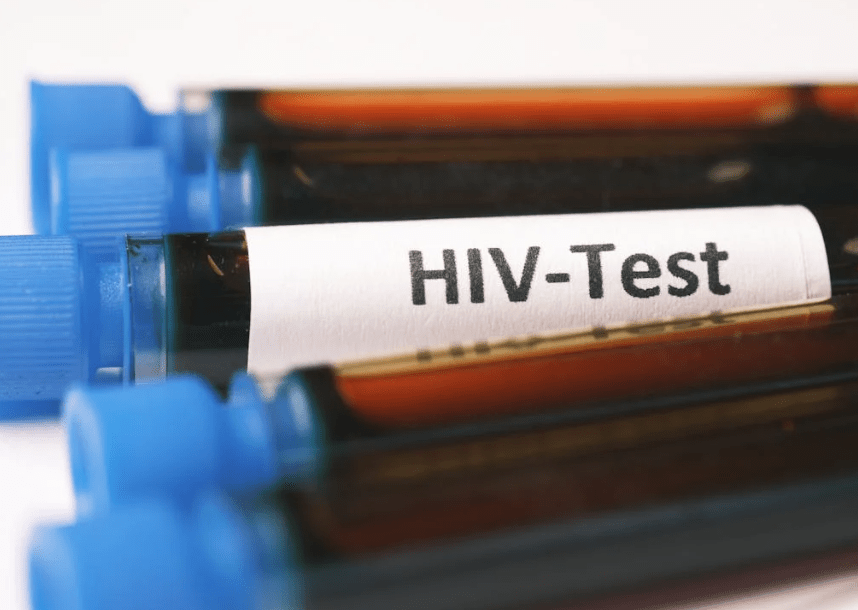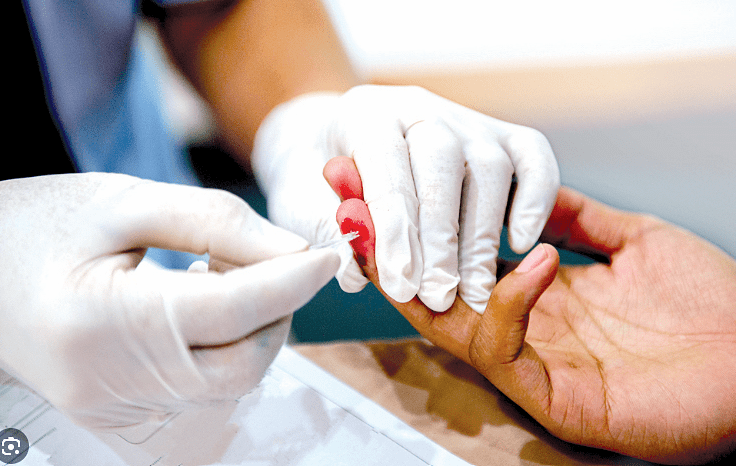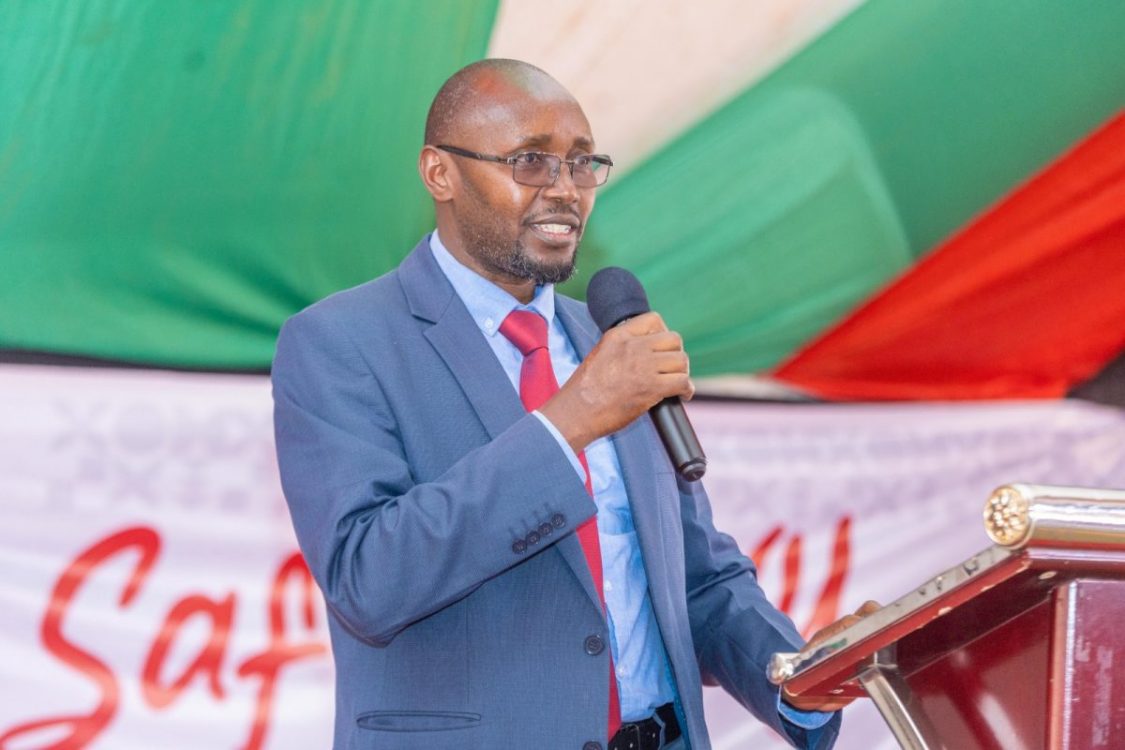Kenya faces Sh2.4T defict for HIV fight in five years

Kenya faces a shortfall of more than Sh2.4 trillion (US$18 billion) for its HIV response for the next five years.
The financing gap and the ever-rising new HIV infections after every 12 months, has been described by health advocates as a major source of concern, not only for persons living with the disease, but also those constantly on the frontline, fighting it.
In an HIV prevention shadow report presented in a meeting of HIV prevention champions and policymakers, it emerged that with just 11 per cent of the government budget for its health expenditure, the 15 per cent committed by heads of state and government in Abuja, Nigeria in April 2001, is just a mirage.
Presented by the Liverpool VCT Health, the report shows that while the international funding for HIV prevention is 66 per cent, for Kenya – a country that should be exhibiting readiness to fund her health tasks post donor financing – it’s a paltry 34 per cent covered by the government.
Margaret Lubaale, the executive director, Health NGOs Network (HENNET) cautioned that the country will have to be careful not to lose the gains made in HIV prevention. This includes, the government refocusing its expenditure for the health sector.
Safeguard gains
“Every gain made should be accounted for; safeguarded and sustained, if at all we are going to be back on the track,” Lubaale said during a meeting in Nairobi that brought together several Civil Society Organisations (CSOs) in the health space.
She called on Kenyans to interrogate and understand the meaning of donor transition, which means the country will have to find ways of sustaining funding for its HIV response locally.
“Domestic financing is inevitable, and therefore as CSOs, we must be involved because 2027 is just around the corner. Let’s ask ourselves whether we are up to the task,” she said, referring to the deadline, when various donors have announced departure.
Rejuvinate war
Lubaale advocated for HIV to be integrated in the renewed Universal Health Coverage (UHC) agenda, arguing that at the Primary Healthcare levels; one, two, three and even four, the fight will be more significant.
“We have been standing alone for a long time, and we want to ensure that we are not going to be on the side-lines anymore,” she said as more players called on focus to rejuvenate the war against new infections.
In the National HIV Prevention Acceleration Plan, the country has been missing her targets to reduce new HIV infections for four years straight.
In the year 2020 for instance, the country had targeted to reduce new HIV infections to below 20, 000, but as of last year, the infections were over the target limit.
According to Patriciah Jeckonia, health policy expert, HIV prevention advocate with the Liverpool VCT Health, the entire focus is on how to reduce new HIV infections.
“As a country we had commitment that by 2020 we would have brought down new infections below 20, 000, but as of last year we still had 22, 000 new infections,” she regretted, noting that the need to ensure that there is a sustained availability of resources, will aid an array of emerging tools for HIV prevention.
“In our HIV basket we said we have biomedical methods, structural and behavioural.
“Under the biomedical we have had pre-exposure prophylaxis, which is PReP, and we have oral PReP rolled out in the country since 2016, and we had projected back then that every year we would put 100, 000 people who are at risk of HIV on oral PReP, but that has been hard to achieve,” she noted.










